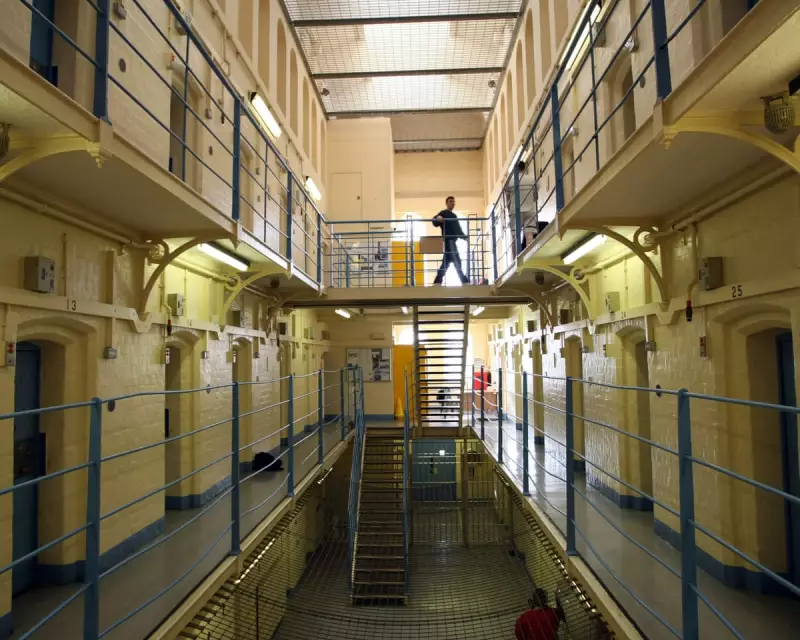
Britain's prison system is at a crossroads, with mounting pressure to shift from punitive measures to rehabilitation-focused solutions. As overcrowding and reoffending rates remain stubbornly high, criminal justice experts are urging policymakers to fundamentally rethink the purpose of incarceration.
The Case for Change
Recent studies show that nearly half of all prisoners in England and Wales reoffend within a year of release. This cyclical pattern of crime and punishment has led many to question whether current approaches are truly serving society.
Key Problems Identified:
- Overcrowded facilities creating unsafe environments
- Limited access to education and vocational training
- Inadequate mental health support for inmates
- Barriers to employment post-release
A New Vision for Rehabilitation
Progressive reformers advocate for prisons that prioritise personal transformation over mere containment. This includes:
- Expanding educational programmes to improve employability
- Implementing trauma-informed care approaches
- Strengthening family connections during sentences
- Developing clear pathways for community reintegration
Norway's model, with its emphasis on normalisation and preparation for life after prison, has shown particular promise. Reoffending rates in Norwegian prisons stand at just 20%, compared to Britain's 46%.
Economic and Social Benefits
Investing in rehabilitation could yield significant savings. The Ministry of Justice estimates that reoffending costs the UK economy approximately £18 billion annually. More importantly, effective rehabilitation could transform lives and strengthen communities.
As one former prisoner turned reform advocate noted: "Prison didn't change me until someone believed I could change." This simple truth underscores the need for a justice system that sees potential where others see only punishment.





